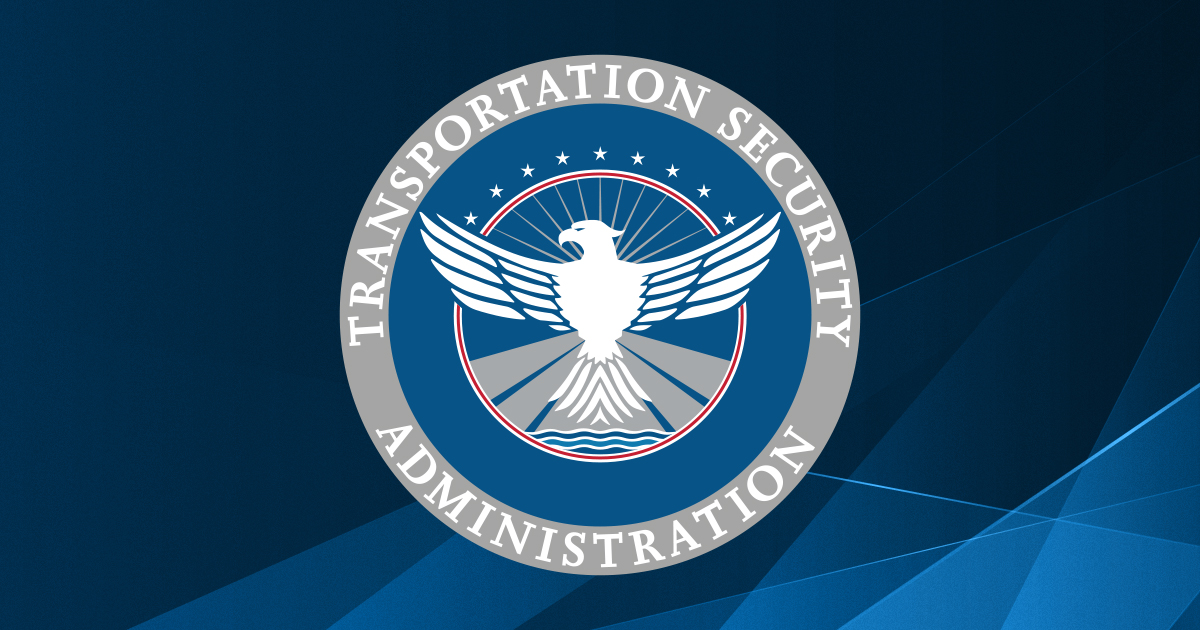Navigation
Install the app
How to install the app on iOS
Follow along with the video below to see how to install our site as a web app on your home screen.
Note: This feature may not be available in some browsers.
More options
Style variation
You are using an out of date browser. It may not display this or other websites correctly.
You should upgrade or use an alternative browser.
You should upgrade or use an alternative browser.
TSA approved gun case questions.
- Thread starter cbeck36
- Start date
fwafwow
WKR
- Joined
- Apr 8, 2018
- Messages
- 6,049
The TSA rules aren't exactly a model of clarity. Using "should" isn't as strong as what I seem to remember (danger!) before, and then to end with the final sentence of bullet point #4 - "You may use any brand or type of lock to secure your firearm case, including TSA-recognized locks."Your TSA agents were morons.. even the TSA themselves on their website state that only you, the firearm owner/passenger should have the key to the locks on your case and if they need to get in the case they will come and find you. Basically too many people have the TSA key to get in to TSA locks so firearms should not use TSA locks..
Read here direct from the TSA: (Bullet point #4 to be exact)

Transporting Firearms and Ammunition | Transportation Security Administration
Learn how to properly prepare, pack and declare firearms and ammunition in checked baggage when flying. Review TSA rules, airline policies, and legal requirements.www.tsa.gov
The TSA rules aren't exactly a model of clarity. Using "should" isn't as strong as what I seem to remember (danger!) before, and then to end with the final sentence of bullet point #4 - "You may use any brand or type of lock to secure your firearm case, including TSA-recognized locks."
Always print out their own rules before you go and have them ready.
The way Government regulatory statements work is that the first sentance holds the most weight and following sentances hold lesser weight. In the case of the TSA position on this they basically are saying "only the passenger should have the key for the locks, but if you use TSA locks we aren't going to prevent you from flying". The reality is that many people have access to TSA keys, to prevent theft use your own locks with your own keys.The TSA rules aren't exactly a model of clarity. Using "should" isn't as strong as what I seem to remember (danger!) before, and then to end with the final sentence of bullet point #4 - "You may use any brand or type of lock to secure your firearm case, including TSA-recognized locks."
The first sentance is key, only you should have a key for the locks on a case that contains firearms.
Similar threads
- Replies
- 0
- Views
- 34
- Replies
- 3
- Views
- 145
Featured Video
Latest Articles
- TT#64 Josh Boyd Elk Hunting Strategies for Every Season
- Aaron Davidson of Gunwerks
- TT#63 Dirk Durham’s Art of Elk Calling
- BIG Buck Stories with the Dirty Giants Podcast
- TT#62 Brian Barney Hunting Bulls without Calling
- Hoyt Alpha AX-2 SD Review
- Kuiu Kenai vs Outdoor Vitals Vario Hooded Jacket Review
- Hoyt RX-9 Ultra Review
- Hunting Vampire Bucks & Building an Optics Kit
- Darton Sequel ST2 35 Review
